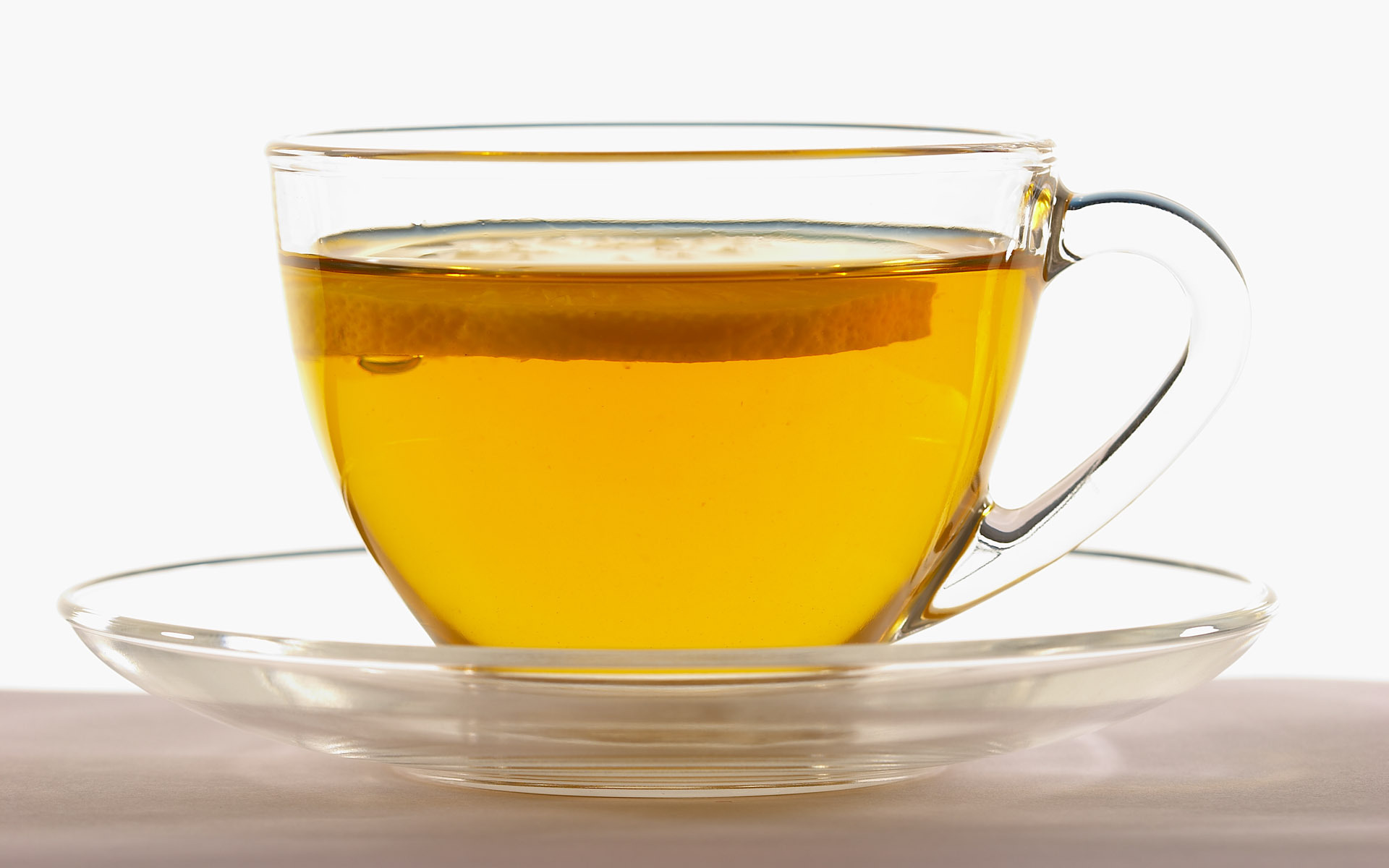(care2.com) If you love superheated beverages in the morning, listen up. Scientists have recently concluded that drinking very hot beverages regularly can probably cause cancer.
According to long term collected data, there is a strong indication that regular consumption of “very hot beverages” is associated with an increased risk of esophageal cancer. What is very hot? According to research, that would be any drink above 149 degrees Fahrenheit (over 65 degrees Celsuis). Scientists have determined that beverages served at or above this temperature increase inflammation in the esophagus. As regular inflammation is thought to be a common forerunner of cancer, it’s possible that consumption of super hot beverages increases the likelihood of esophageal cancer.
‘Very hot beverages’ closes out a long list of class 2A carcinogens, including red meat, household combustion of biomass fuel (wood), high heat frying, creosotes (the stuff the builds up on the inside of a wood stove) and certain insecticides. Class 2A means that there is limited or inadequate evidence of carcinogenicity in humans, but there is often sufficient or strong evidence of carcinogenicity in experimental animals. So, 2A is not an overwhelming “yes, this causes cancer in humans,” but there is certainly cause to be more aware.
In fact, coffee, once listed in the 2A classification, is no longer classified as a class 2A carcinogen. In 1991, the International Agency for Research on Cancer labelled coffee as being possibly carcinogenic. It has recently been demoted to “not classifiable as to its carcinogenicity.” So, no need to feel concerned about your moderate coffee habit causing cancer—unless you consume it piping hot of course.
That being said, there is nothing to worry about for most coffee and tea drinkers in the U.S., since restaurant beverages are rarely served that hot. In the U.S., coffee and teas are often served to a standard 135 to 140 degrees Fahrenheit. Unless you’re used to extra hot drinks, this is probably the temperature you consume liquids at at home as well. However, in other countries such as China, Turkey and parts of South America, drinks are traditionally served near the 150 degree mark, which is where an increased cancer risk might come into play.
When I worked at Starbucks in college, there were a few customers who would regularly ask for their lattes ‘extra hot,’ which brings the drink into the 160 degree zone. According to the aforementioned carcinogenic classification, that may not be the best idea. Also, that temperature scalds the milk, so I don’t personally recommend it in terms of health or flavor. Otherwise, most coffee shop espresso drinks are heated to around 135 degrees, so there’s no need to worry if you enjoy a hot beverage every now and then.
Please share and comment!
Fuente: www.care2.com
